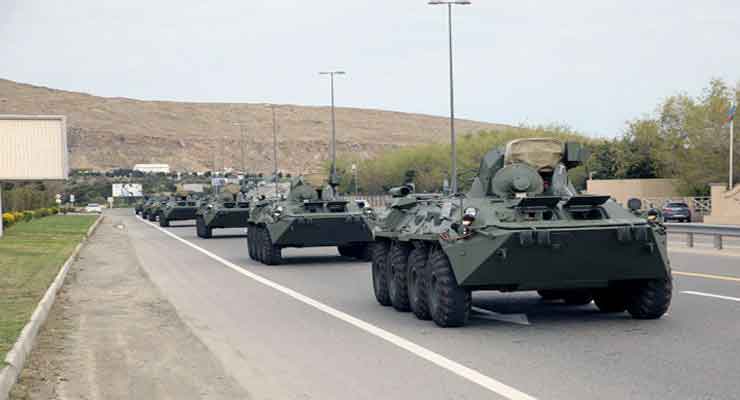
Turkey’s missing weapons
ANKARA, Turkey — The 2017 annual report of the Turkish Interior Ministry, released in late February, raised fresh questions about a controversy ongoing since the failed coup attempt on July 15, 2016. According to the report, 2,198,774 individuals lost their vehicle registrations, gun licenses, driver’s licenses and professional IDs last year, while 106,740 guns were recorded as either lost or stolen.
News of the huge number of missing weapons comes amid concerns over the reported proliferation of unlicensed guns, including through online sales, and has reignited debate on weapons that were reported missing from military and police armories in the wake of the coup attempt..
There are no clues as to where the more than 106,000 missing weapons might be. Of note, the available statistics only include guns reported as lost or stolen to authorities, meaning that the actual figure might be higher.
In a written parliamentary question in June, CHP Deputy Eren Erdem had asked Interior Minister Suleyman Soylu for the number of weapons that had been missing from the police inventory since the night of the coup attempt. He is still waiting for an answer.
The Association of Retired Noncommissioned Officers has underlined that all assigned weapons and ammunition, and even flasks and boots, are the responsibility of individual soldiers and officers in the Turkish army. Many personnel are now anxious because some of the weapons used during the night of the coup attempt are still missing, according to the head of the association.
Few seem to be convinced by official statements on the missing guns cited in the Interior Ministry reports, as contradicting statements have deepened the confusion, and many questions remain unanswered. Turkish society is already sharply polarized, and many believe that government supporters are arming themselves for future action against political opponents. Open threats from Islamist quarters are feeding the apprehension.
Last month, a presenter on the Islamist Akit TV said on air that the staff of the daily Cumhuriyet, a vocal government critic, deserved to be “slaughtered.” Another Akit TV presenter, infuriated by claims of civilian casualties in Turkish military operations in northern Syria, said, “If we were to kill civilians, we would have started in Cihangir, Nisantasi and Etiler,” referring to Istanbul neighborhoods considered bastions of secularism. He added, “There are so many traitors. There is the Turkish Grand National Assembly,” referring to opposition lawmakers in parliament. Prosecutors have launched an investigation into the presenter.



 Azerbaijan has received a large batch of new military equipment and ammunition from Russia, Xinhua News Agency reports, citing the country’s Defense Ministry.
Azerbaijan has received a large batch of new military equipment and ammunition from Russia, Xinhua News Agency reports, citing the country’s Defense Ministry. According to Akşener, they are being prepared for the election season and would be used to stir chaos if the results disappoint the ruling Justice and Development Party (AKP).
According to Akşener, they are being prepared for the election season and would be used to stir chaos if the results disappoint the ruling Justice and Development Party (AKP). Azerbaijan got involved in supplying weapons to the Islamic State, says a
Azerbaijan got involved in supplying weapons to the Islamic State, says a  By Ellen Mitchell
By Ellen Mitchell

 Russia has intelligence from “trusted sources” that chemical weapons provocations are currently being prepared in more regions in Syria, including Damascus, Russian President Vladimir Putin said after talks with Italian counterpart Sergio Mattarella Tuesday.
Russia has intelligence from “trusted sources” that chemical weapons provocations are currently being prepared in more regions in Syria, including Damascus, Russian President Vladimir Putin said after talks with Italian counterpart Sergio Mattarella Tuesday.